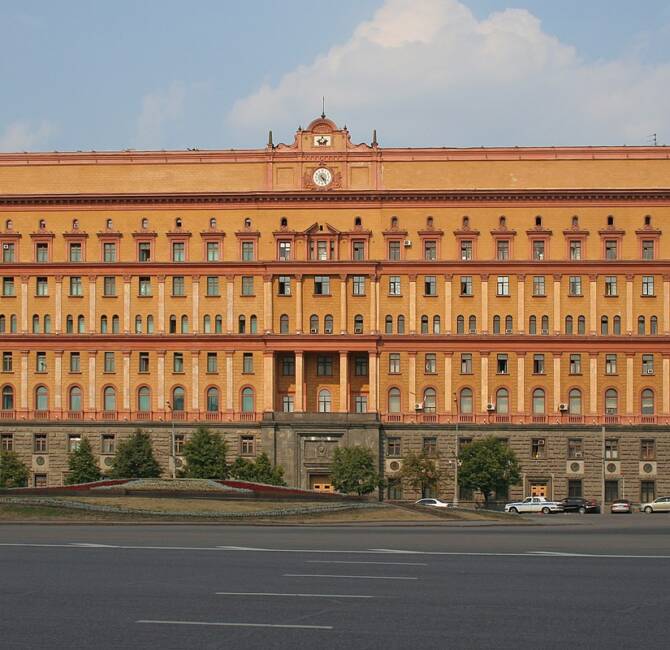Czechia/Poland – Polish Prime Minister Mateusz Morawiecki travelled to Prague on 3 February to take part in the final phase of talks on the conflict between Poland and Czechia over the Polish open-pit mine in Turów, close to the German and Czech borders. In the end, Morawiecki and his Czech counterpart, Petr Fiala, struck an agreement that will hopefully allow the two countries to put an end to their dispute.
According to the statement issued by the Polish Prime Minister’s Chancellery on Twitter:
“Prime Minister Mateusz Morawiecki and Czech Prime Minister Petr Fiala have signed an agreement between the Government of the Republic of Poland and the Government of the Czech Republic on their cooperation in dealing with the Turów open-pit lignite mine’s operational impact on the Czech Republic’s territory.”
Czechia to withdraw its complaint
“I hope and trust that, in accordance with our agreement, the Czech Republic will withdraw its complaint to the Court of Justice within a very short period of time, today or tomorrow”, the Polish PM said at the press conference, while Petr Fiala agreed with this statement:
“It was our first meeting as prime ministers. I think we’ve managed to do a lot, and we’ve taken a huge leap forward in our relationship.
(…) We have had extensive discussions with Poland, with one objective in mind: to reach an agreement that would benefit our citizens (…)
We are extremely pleased to have achieved this goal, and we have just signed an agreement between the Czech and Polish governments regarding the Turów mine. It’s a huge success. We’ve managed to remove an obstacle, a rock, that was weighing on our relationship.”
An underground barrier, an earth embankment, and 45 million euros
With this agreement, Poland has committed to completing the construction of a barrier that will prevent the flow of groundwater from Czechia into Poland. The latter will also erect an earth embankment to protect the border areas from air pollution, noise, and dust. The impact of these environmental nuisances will be monitored on a regular basis from now on as well. In addition, Poland will pay 35 million euros in compensation to the Czech side, while the PGE Foundation will pay 10 million to the Czech border region of Liberec. PGE is the energy company exploiting the Turów mine. This will allow the Turów site, which is of strategic importance for the Polish energy sector, to continue to operate. Finally, this agreement will be monitored by the European Union for a period of five years. As the Czech Prime Minister said, “as soon as the funds are transferred, the Czech Republic will withdraw its complaint” to the ECJ.
This agreement creates a good atmosphere between the Czech and Polish governments
Moreover, according to Petr Fiala himself, this first success in the relations between the Polish government of Mateusz Morawiecki and the new Czech government that has emerged from the autumn 2021 elections augurs a continuation of the traditionally good relations between the two countries. The Czech PM said:
“I have to admit that after our first exchanges, I have the impression that we have very similar positions on many issues. I am convinced that cooperation between Poland and the Czech Republic will be beneficial for our citizens, for the people of Central Europe, and for our entire region.”
Not all residents are satisfied
This agreement does not make everyone happy, however. According to Milan Starec, a resident of Uhelná na Liberecku (a Czech village on the border), quoted last Thursday at Novinky.cz, “new hydrogeological data provided by the Czech geological service shows that the water table is continuing to drop. This is despite the fact that the underground barrier – the only groundwater protection measure discussed in the agreement – is nearly complete.
It turns out that this barrier is located several kilometres away from where it should be, and that water is flowing around it and overflowing.
(…) The Czech government has hastily and secretly approved a raw deal because it apparently does not have the time to comply with the law (…)
They have not only sold us out, but they have sold us cheap “.
This opinion is shared by several environmental organisations, including Greenpeace.
Criticism in Poland as well
For their part, several Polish opposition leaders – including Szymon Hołownia (Polska 2050) and Adam Bielan (Republican Party) – argue that Poland, in addition to the €45 million in compensation provided for in the agreement between both countries, will also have to pay the daily penalty fine imposed by the European Court of Justice (that is, 68.5 million euros that had accumulated by the date of the agreement) because of Poland’s refusal to comply with the ECJ’s provisional order to suspend the Turów mine’s activity pending their judgment on the complaint’s merits. Poland’s Environment Minister, Anna Moskwa, has indicated that the Polish government will request that these fines be cancelled.
“We will certainly not pay the penalty fines that would have been charged up to the day the judgment is issued.
As for the penalty from the previous period, we will ask that it not be applied”, she said on Polsat News.




